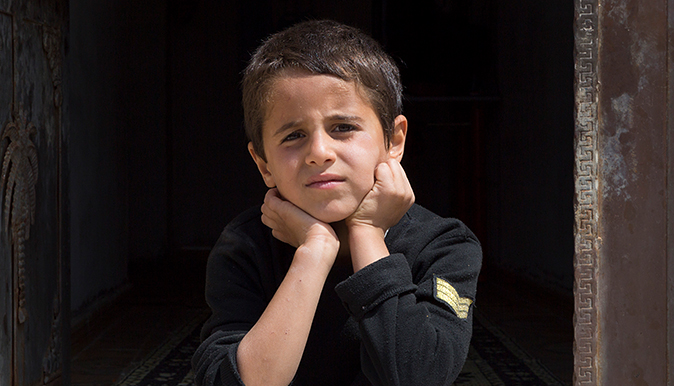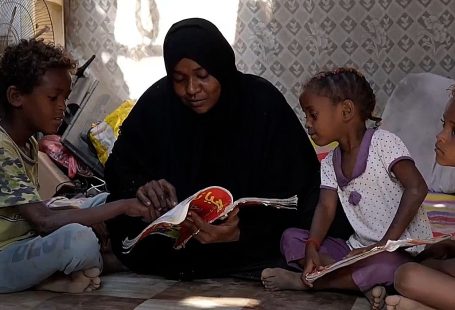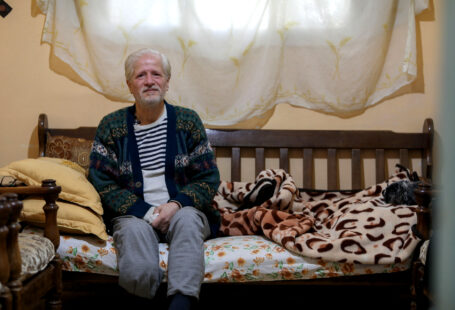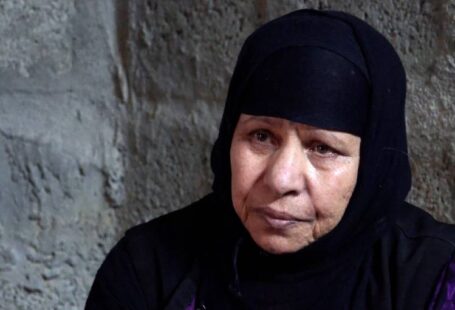The last category mentioned in the Quran on Zakat is “ibn sabeel” or wayfarer (“abna’ sabeel” being the plural form).
Ibn sabeel refers to a traveler that does not have enough money during his journey. This person is eligible to receive Zakat in order to finish his journey, even if the person is rich in his or her country. If he or she cannot access the money during this journey, then Zakat can be given to him or her. So the criteria here is the situation of the person during his or her being away from the country of origin, not poverty. Obviously if the traveler is also poor, this reinforces the eligibility for receiving Zakat as he or she would enter in two categories of Zakat beneficiaries.
The scholars mentioned that the person should receive from Zakat what is needed to finish his or her journey. The Maliki, Shafi’i and Hanbali schools state that a condition for the traveler to receive is that the journey was not done to commit an act of disobedience. The Maliki School also puts as a condition that the person does not find ways to get a loan during his journey, but this is not the opinion of the three other schools.
There has also been a debate among scholars regarding the person that wants to travel from the country of origin, but does not have enough money to do so. Is the person eligible to receive Zakat? The majority of scholars do not allow this. Imam Shafi’i has another opinion and sees this as being a valid reason to receive Zakat. For example this applies to a person who wants to go for pilgrimage (hajj) but does not have enough money. In this case, according to Shafi’i’s opinion, the person can receive Zakat as being under the category of ibn sabeel. The Hanafi School forbids that, except in the case where the person is poor in the country of origin but has money in the country targeted.
What is interesting here is that the person will be considered ibn sabeel for a journey that he has chosen to do, as long as the journey is for a lawful reason (not out of disobedience) and that he/she does not have enough money. Then what can we say about a person who has not chosen to travel, but who was forced because of war or any other tragic reason, and finds him or herself in another country, without enough money to cover their basic needs?
Refugees are people that have been forced to leave their countries. UNHCR assesses the vulnerability of refugee families to evaluate their needs and ensure that aid and cash assistance, including Zakat funds, are directed towards those most in need. It is important to mention here that most internally displaced persons (IDPs) actually enter into the category of ibn sabeel. As anyone who is away from home, which from an Islamic perspective is a distance of around 80km, will therefore be considered as a traveler. If this person does not have enough money with him or her, then they are entitled to receive Zakat.
Supporting those in need who were forced to be away from home is the core work of UNHCR’s work. This falls under the Quranic category of “ibn sabeel”. The Refugee Zakat Fund ensures to channel 100% of your Zakat donations to the most vulnerable of abna’ sabeel.










Social Profiles